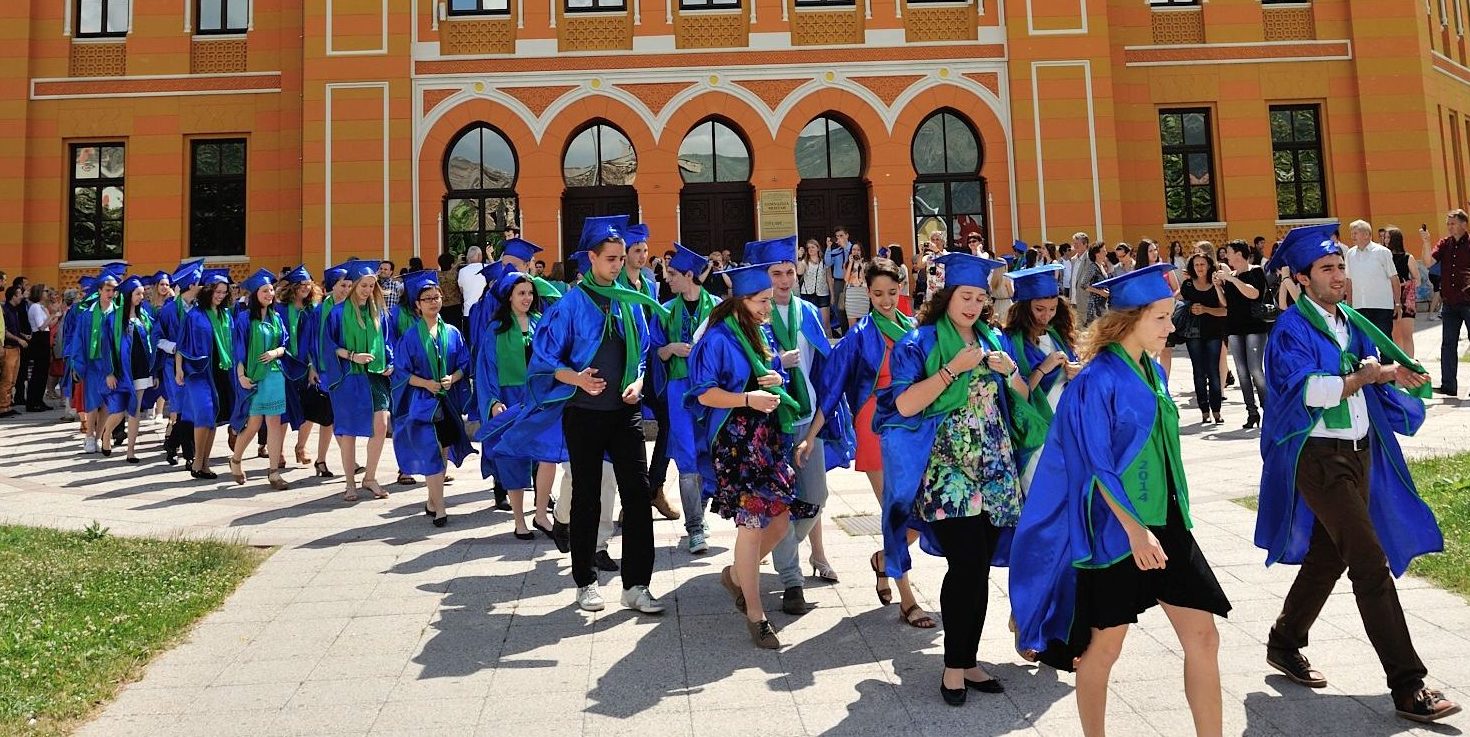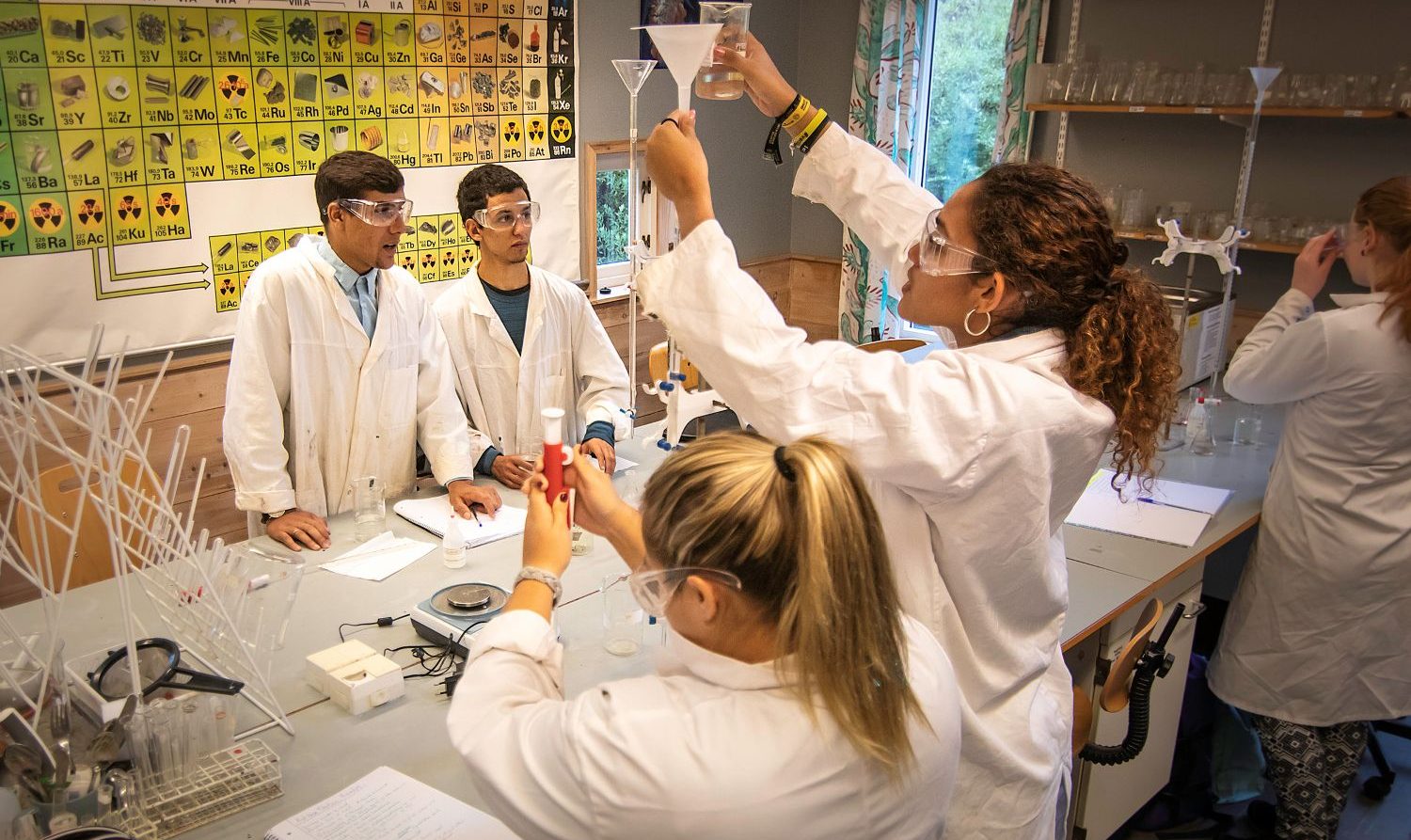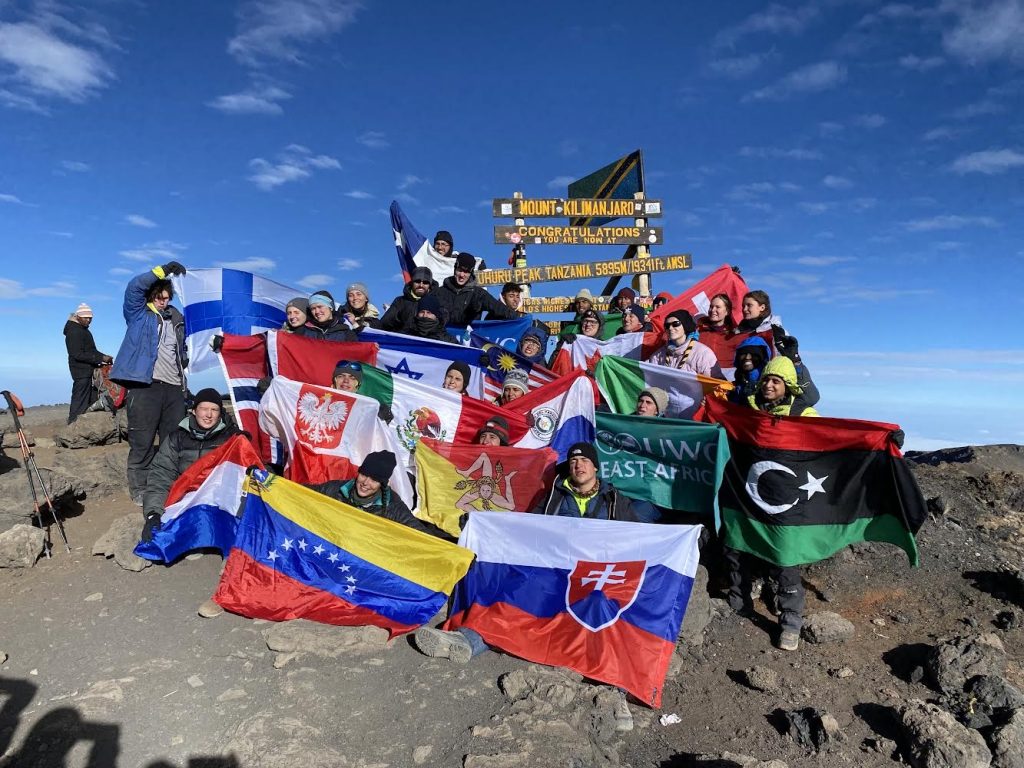How can I apply to UWC?
There are several ways to experience a UWC education. For more information on how to apply, follow the relevant link below:
What are UWC national committees?
UWC’s national committee system is a global network of over 4,000 volunteers across more than 150 countries. These committees promote UWC locally and select students for IBDP places at UWC schools and colleges. National committees are made up of UWC alumni, parents, educators and community leaders who support UWC’s mission and values. They guide applicants through the process, interview candidates and prepare selected students for their UWC experience.
What is the UWC Global Selection Programme?
The UWC Global Selection Programme is an alternative application route for the two-year IBDP. It is open to students who do not require financial assistance and wish to choose a specific school.
Places are available at 15 UWC schools and colleges. GSP applicants are not eligible for scholarships and must cover the full cost of attendance.
What if there is no UWC national committee in my country and I do not want to apply through the GSP?
If there’s no UWC national committee in your country of residence, you may still be eligible to apply through the committee in your country of nationality. If that’s not an option, email [email protected] for advice on your next steps.
What if I or my child has dual citizenship or lives in a different country?
In this case, the first step would be to contact the UWC national committee in your country of residence. If you are not eligible to apply through them, the next step would be to contact the national committee in your country of origin. If neither of these routes proves to be successful, an application via the UWC Global Selection Programme or the International Application Pathway may be possible.
What are the selection criteria used to assess IBDP applications at UWC?
Each UWC national committee, the Global Selection Programme and the International Application Pathway use UWC’s core selection criteria to assess applicants. Criteria include age, nationality, residency and academic background. Local application timelines and systems may also apply.
What kind of student is UWC looking for?
There is no one profile. We encourage students to be authentic during the process. You can read our application inspiration page for tips and things to consider before applying.
We’ve shared some top tips and advice to help you write the best application you can.
How old are students who study the IBDP at UWC?
Students are typically 16 or 17 years old when they begin the IBDP/IBCP. Age requirements may vary depending on the UWC school or national committee. Contact your UWC national committee or visit the Global Selection Programme page.
When should students apply?
Each UWC national committee sets its own deadlines. Contact your local committee for details. The UWC Global Selection Programme accepts applications on a rolling basis, usually between August and April for the following academic year, and the International Application Pathway accepts applications between September and October for the following academic year. The earlier you apply, the sooner you’ll receive an update. Shortlisted candidates are usually contacted within two weeks.
Application Deadlines
Can a candidate apply more than once?
Only one application can be submitted per year. Applicants may not apply through multiple UWC national committees or both a committee and the GSP or IAP in the same year. Applying again the following year is usually possible if the age criteria are still met. Contact the relevant UWC national committee here.
When does the academic year start?
Most UWC schools and colleges begin the academic year in August. Waterford Kamhlaba UWC of Southern Africa follows the southern hemisphere’s calendar and starts in January. Application cycles run on the same general timeline.
Can students choose which UWC they attend?
Applicants applying through UWC national committees or the IAP apply to the UWC movement, not to a specific school or college. Committees consider preferences but place students across all 18 UWC schools and colleges, depending on availability. Final acceptance is made by each UWC school or college.
I’m a refugee. What are my options?
UWC is committed to offering high-quality education to young refugees and displaced students. There are scholarships available through our UWC Refugee Initiative. For more information, contact the national committee for the country you are currently resident in.



